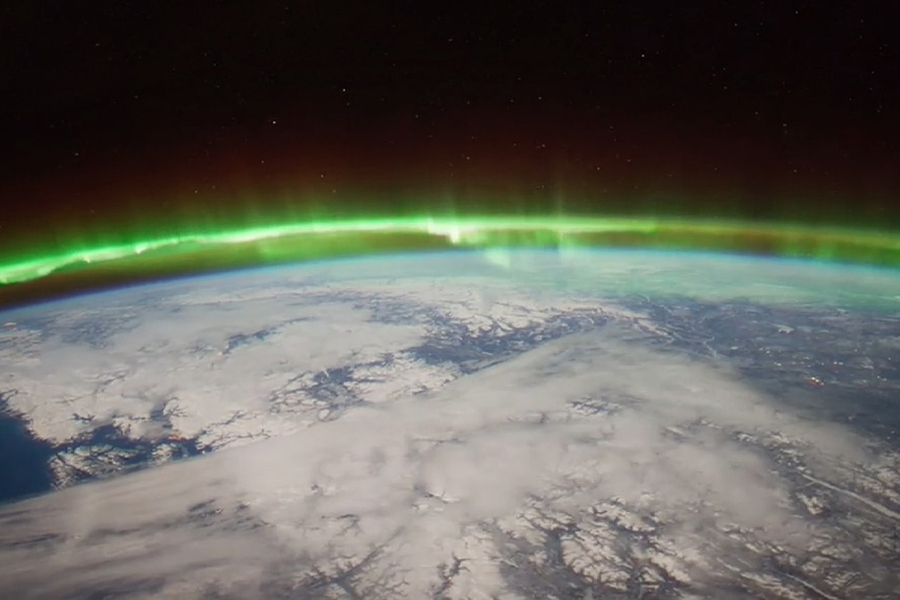Solar eclipses affect the ionosphere, the outer layer of the Earth’s atmosphere, consisting of charged particles. The ionization, temperature and density of electrons change in it. However, these phenomena are temporary.

Solar eclipses and the Earth’s atmosphere
NASA scientists have found that solar eclipses that occur when the Moon is between the Earth and our luminary still affect the planet’s atmosphere. More precisely, the ionosphere is undergoing changes, its outermost layer, which consists of charged particles.
This layer is formed precisely under the influence of solar radiation, when it meets atoms and molecules at an altitude of 60 to 90 km and detaches electrons from them. The formed ions play a significant role in the refraction and reflection of radio waves. It is quite natural that during a solar eclipse this process stops and a number of changes occur.
However, they are quite short-lived and occur only in the region in which the eclipse is observed. Then the ionosphere returns to normal. However, scientists can use ionosondes, GPS receivers and radar systems to determine what exactly happens during solar eclipses.
How the ionosphere changes
Scientists have found that during the expiration of the ionosphere, the following changes occur: Parts of molecules that have lost electrons under the influence of solar radiation return them;
In addition to ionization, solar radiation also heats the ionosphere. When it becomes smaller, this layer cools, which can lead to an increase in its density and a decrease in volume;
Because of the first two phenomena, there are fewer electrons in the ionosphere. As a result, the conditions for the passage of radio waves may change, especially in the high-frequency section. This can cause attenuation, absorption and refraction of the signal, affecting shortwave and satellite communication systems.
Sudden changes in ionospheric conditions during further development can lead to the formation of anomalies, such as ionospheric holes. They can disrupt the operation of radio signals and GPS navigation systems, affecting communication and navigation in the affected regions.
According to phys.org
Follow us on Twitter to get the most interesting space news in time
https://twitter.com/ust_magazine
